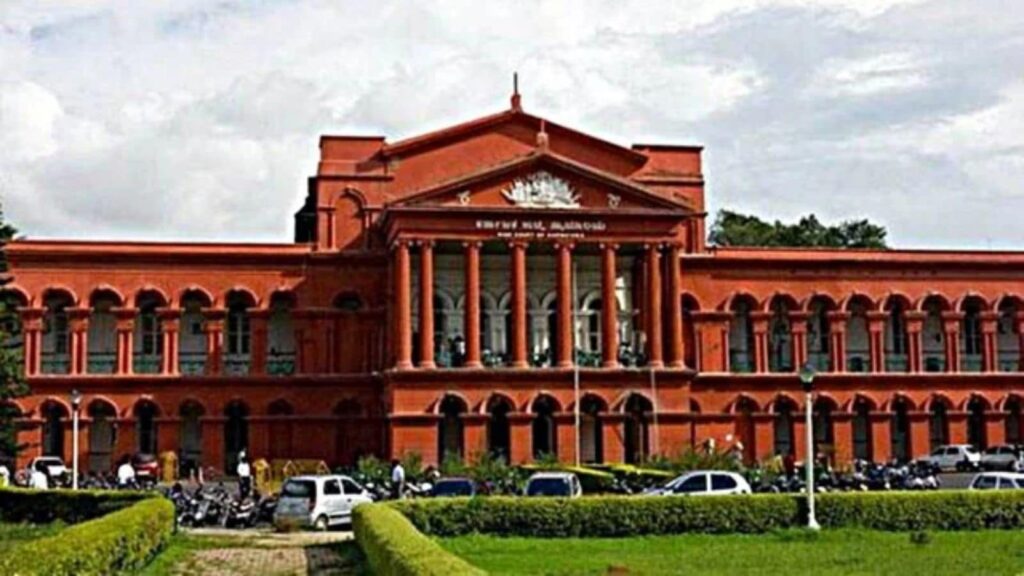X Corp informed the Karnataka High Court Tuesday that there is a lack of uniformity in the takedown orders issued to it by government officials against social media posts. A bench of Justice M Nagaprasanna was hearing the case challenging the alleged subjective blocking orders on X issued by Central Government officers across the country using Section 79 (3)(B) of the Information Technology (IT) Act.
The company argued that takedowns could only be done through the mechanism laid down by the Supreme Court in the case of Shreya Singhal, ie, through Section 69(A) of the Information Technology Act, and not 79 (3)(B). Intermediaries like X are usually provided “safe harbour” protections for content posted by others on their platform.
Section 79(3)(B) provides for the removal of the protection of intermediaries such as X, when they do not remove links etc connected to unlawful acts after receiving a government notification. On the other hand, Section 69(A) lays out the grounds and power for a direction to be issued for any agency or intermediary to block certain content.
X Corp, represented by senior advocate K G Raghavan, stated that 69A was upheld by the Supreme Court as there are so many safeguards in the rules. “69A was upheld while 66A was struck down….to what extent has Section 79(3)(b) been read down? It is our submission that it has been read down because the SC says it has to be read along with 69A…..the same safeguards should be contained in 79,” Raghavan submitted.
Raghavan proceeded to go through the case of Shreya Singhal in detail concerning those sections dealing with these two provisions.
He also raised the question of Rule 3(1)(d), which refers to Section 79(3)(B). This rule prohibits intermediaries from storing or publishing anything prohibited under any law, with the notification regarding this to be issued by an authorised agency notified by the government.
He stated, “These notifications are issued without regard to the scheme of 69 A….”
Story continues below this ad
Raghavan also submitted, among other arguments, that “Each officer has their sense of what is lawful and unlawful. This is dependent upon what is good in one state; the other state may not think it requires to be notified. How does this work – under the whims and fancies of one person? Nothing is centralised there is no coordination. This is a serious flaw in 3 (1) (D).”
The arguments for X Corp will continue in the High Court on Friday.
On July 3, 2025, the Indian government ordered X to block 2,355 accounts in India, including international news outlets like @Reuters and @ReutersWorld, under Section 69A of the IT Act. Non-compliance risked criminal liability. The Ministry of Electronics and Information…
— Global Government Affairs (@GlobalAffairs) July 8, 2025
Meanwhile, X Corp on Tuesday said in a statement that it had been ordered under Section 69(A) to block 2,355 accounts, including international news outlets like Reuters and Reuters World, with these two later being unblocked by the government. It advised affected users to pursue legal remedies in the courts.


